My understanding of the problem is that your input doesn't has a first line row with all the headers for the output CSV. The headers need to be collected from every row.
I resolved the problem by calculating all the headers separately by getting all the headers from each record, then creating a row of headers elements manually at the beginning, and disabling automatic header generation. I don't make any claims of the performance. It may be bad for bigger payloads as this script basically iterates over each record twice. I encapsulated the logic in functions for easier reuse.
The main complexity is in recreating the output records with added null values for the missing columns and respecting the original order in function addMissingValue(). This is needed because this scenario is outside DataWeave built-in support for CSV.
%dw 2.0
output application/csv header=false
var collectHeaders=payload
map namesOf($) reduce ((item, accumulator=[]) -> (accumulator ++ item) distinctBy ((item, index) -> item) )
fun createHeaderLine(x)=[collectHeaders map {($): $}
reduce ((item, accumulator={}) -> accumulator ++ item)]
fun addMissingValue(o)=
collectHeaders
map ( if (o[$]== null) {($): null} else {($): o[$]} )
reduce ((item, accumulator={}) -> accumulator ++ item)
---
createHeaderLine(payload) ++ (payload map addMissingValue($))
Input (formatted as proper JSON for clarity, if yours is Java or other format it will work the same):
[
{
"a": 1
},
{
"a": 1,
"b": 2
},
{
"a": 1,
"c": 3
},
{
"a": 1,
"b": 2,
"d": 4,
"f": 6
}
]
Output:
a,b,c,d,f
1,,,,
1,2,,,
1,,3,,
1,2,,4,6
I noticed that your sample script uses a separator of several spaces. I didn't used it in my solution because it is not relevant. Feel free to add it if you need it. Note that CSV is a delimited text format, not a fixed length format.
